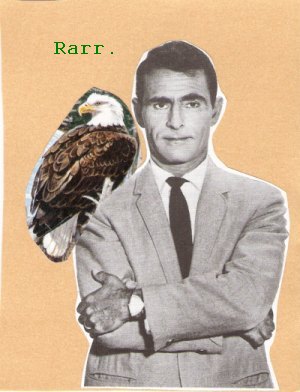So once again, here is my somewhat self-indulgent compilation of the books I have read in the past six months...doing my part to up our national average...
1. The Trial - Franz Kafka
2. Revolutionary Road - Richard Yates
3. Hunger - Knut Hamsun
4. the Gospel Singer - Harry Crews
5. the Clown - Heinrich Boll
6. Berlin Stories - Christopher Isherwood
7. Know What I Mean? - Michael Eric Dyson
8. No Country For Old Men - Cormac McCarthy
9. Gargoyles - Thomas Bernhard
10. Victoria - Knut Hamsun
11. Time Traveler's Wife - Audrey Niffenegger
12. Three Novels by Beckett: Molloy, Malone Dies, and the Unnnamable - Samuel Beckett
13. A Hundred Little Hitlers - Elinor Langer
14. Selected Stories - Robert Walser
15. Hard Work: Remaking the American Labor Movement
16. Ferdydurke - Witold Gombrowicz
17. Killing the Black Body - Dorothy Roberts
18. Darkness at Noon - Arthur Koestler
19. Zeno's Conscience - Italo Svevo
20. Pale Fire - Vladimir Nabokov
21. Sundown Towns - James Loewen
22. Slowness - Milan Kundera
23. Crystal Frontier - Carlos Fuentes
24. Illness as Metaphor and AIDS and its Metaphors - Susan Sontag
25. As I Lay Dying - William Faulkner
26. Street of Crocodiles - Bruno Schulz*
27. Rereading America*
*= still in process, expected to complete by the end of the month
highlights: Selected Stories (Walser). the Clown. Gargoyles. Molloy. Hunger. Crystal Frontier. Pale Fire.
favorite nonfiction: Killing the Black Body
estimated number of pages read in the past 6 months: 8500
total number of books for the year: 43









